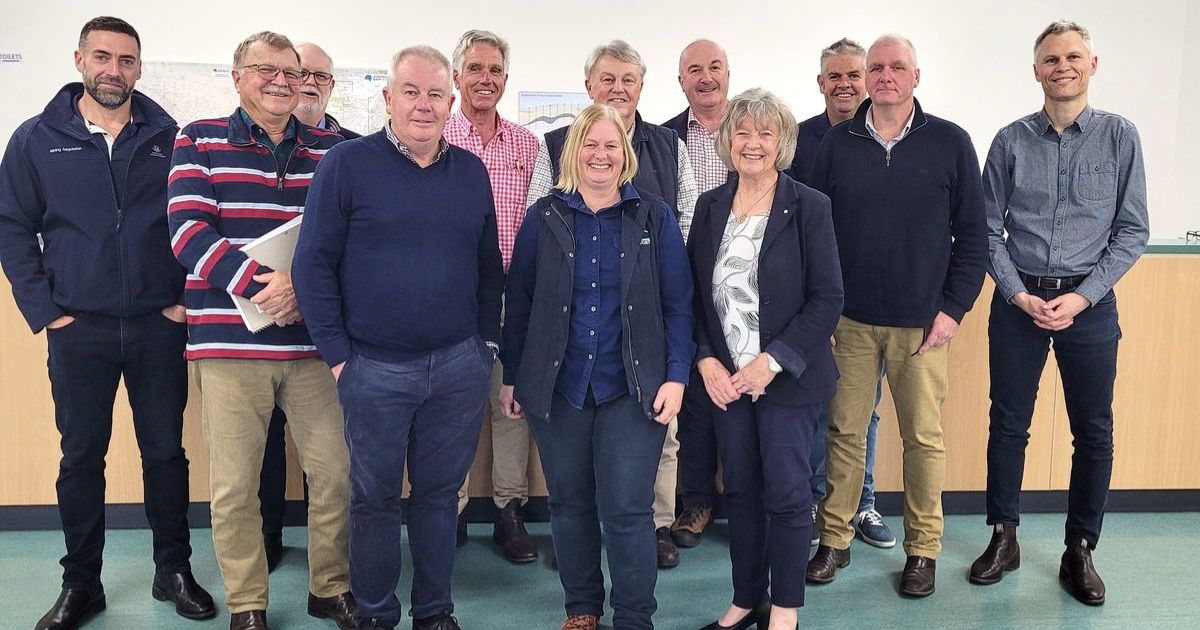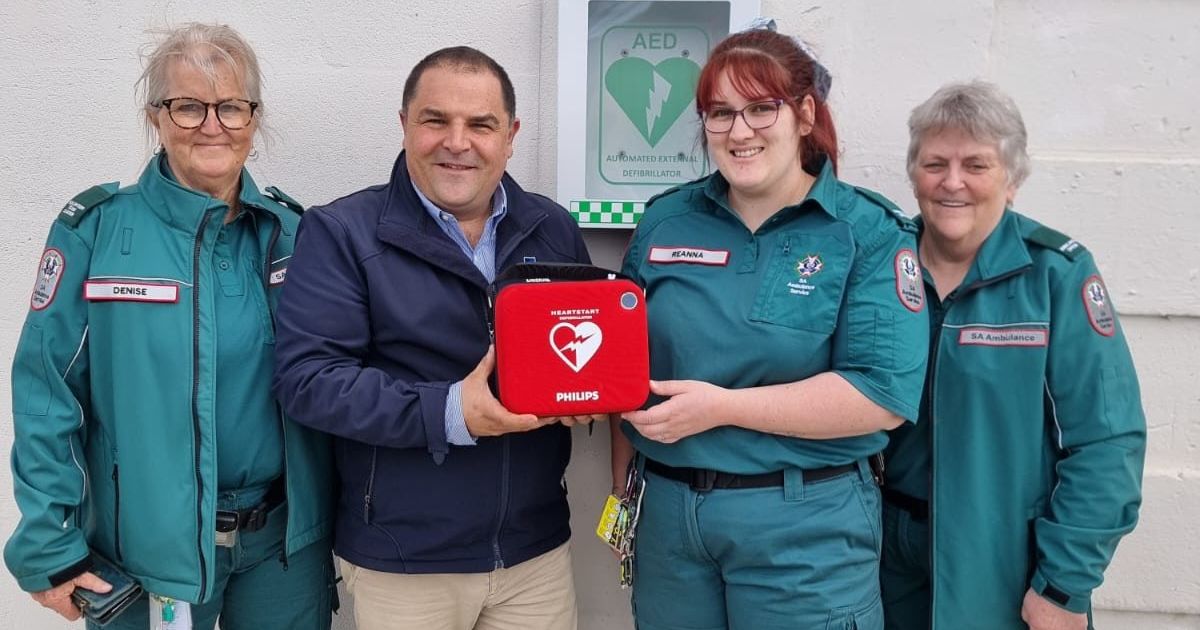Rehabilitation facility support
Substance Misuse Limestone Coast project officer adds her support
Substance Misuse Limestone Coast (SMLC) Project Manager Sophie Bourchier has spoken out in support of Uniting Communities’ proposed Mount Gambier alcohol and drug rehabilitation facility.
Addressing community concerns around the proposed Wehl St facility, Ms Bourchier said it was unfortunate to see misinformation spread about the service and the people who are likely to seek treatment there.
“It’s clear there’s a lot of misconceptions about the proposed facility, which is above all, a health service,” Ms Bourchier said. “SMLC directly advocated for this service, and it is absolutely needed in our local community.”
Ms Bourchier said it is regrettable that people with alcohol and drug dependence continue to be unfairly stigmatised.
“There is no evidence to suggest people seeking rehabilitation of this type will be dangerous to nearby businesses or neighbours when in fact, the opposite is true. The people who will attend this service are actively seeking treatment for their own health and wellbeing, with a desire to get well.
“There is a perception that those seeking rehabilitation for their alcohol or drug use are criminals or likely to be violent, when in fact, it is more likely to be your own neighbour, aunt, brother or your own child entering this type of recovery program.”
“Alcohol and other drug dependency does not discriminate through gender, profession or income and there’s no other health condition that has this deplorable stigma attached to it.” In reference to a suggestion of criminal checks for participants in the program, Ms Bourchier said ‘there is no criminal check required to access any other health service’.
“This is a therapeutic health service, not a housing option for people leaving corrections.” Australian Institute of Health statistics showed that alcohol was the most common drug of dependence for people seeking rehabilitation, Ms Bourchier said.
“In 2021/22, around 1 in 20 treatment episodes for personal drug and alcohol use included rehab as the main treatment type and the most common principal drug of concern was alcohol at 46 per cent,” she said. “Alcohol remains the biggest drug that causes the most harm in our community.”
The Uniting Communities rehabilitation service will also complement the upcoming alcohol and other drug detoxification beds at the Mount Gambier & District Health Service, said Ms Bourchier, which are due to come online over the next year.
“Anyone who has a dependence on a drug or substance must detox before they can enter a rehabilitation service,” she said. “Detox from alcohol needs to happen under medical supervision in hospital, while other drug detox can be managed at home. After that detoxification period, they can then enter a rehabilitation service,” she said.
“It’s a continual journey of care for our Limestone Coast community, which we have been arguing for over a long period of time. Locally based detox and rehabilitation were both highlighted as major service gaps during our first AOD Regional Summit in 2021.”
Above all, Ms Bourchier said the announcement of the service should be celebrated. “Mount Gambier has been fortunate enough to receive State Government funding for an important service, which will bring many positive outcomes to many people,” she said.
“Having this facility in Mount Gambier means local people will be housed, homed and nurtured during their recovery locally, without having to leave their support networks.
“If anyone in the community would like further education about what an alcohol and other drug rehabilitation centre is, I would love for them to contact me for a confidential catch-up.”



















